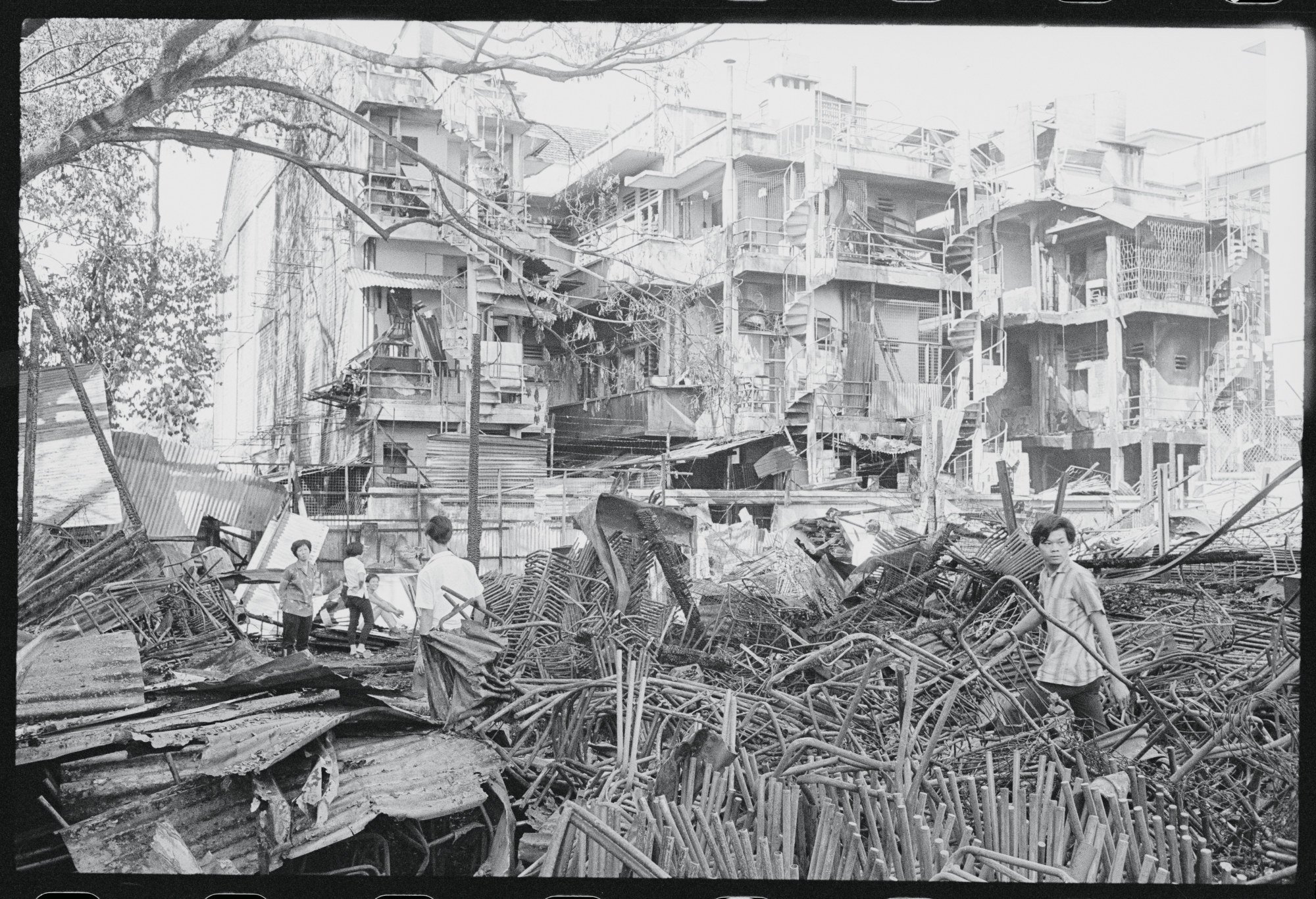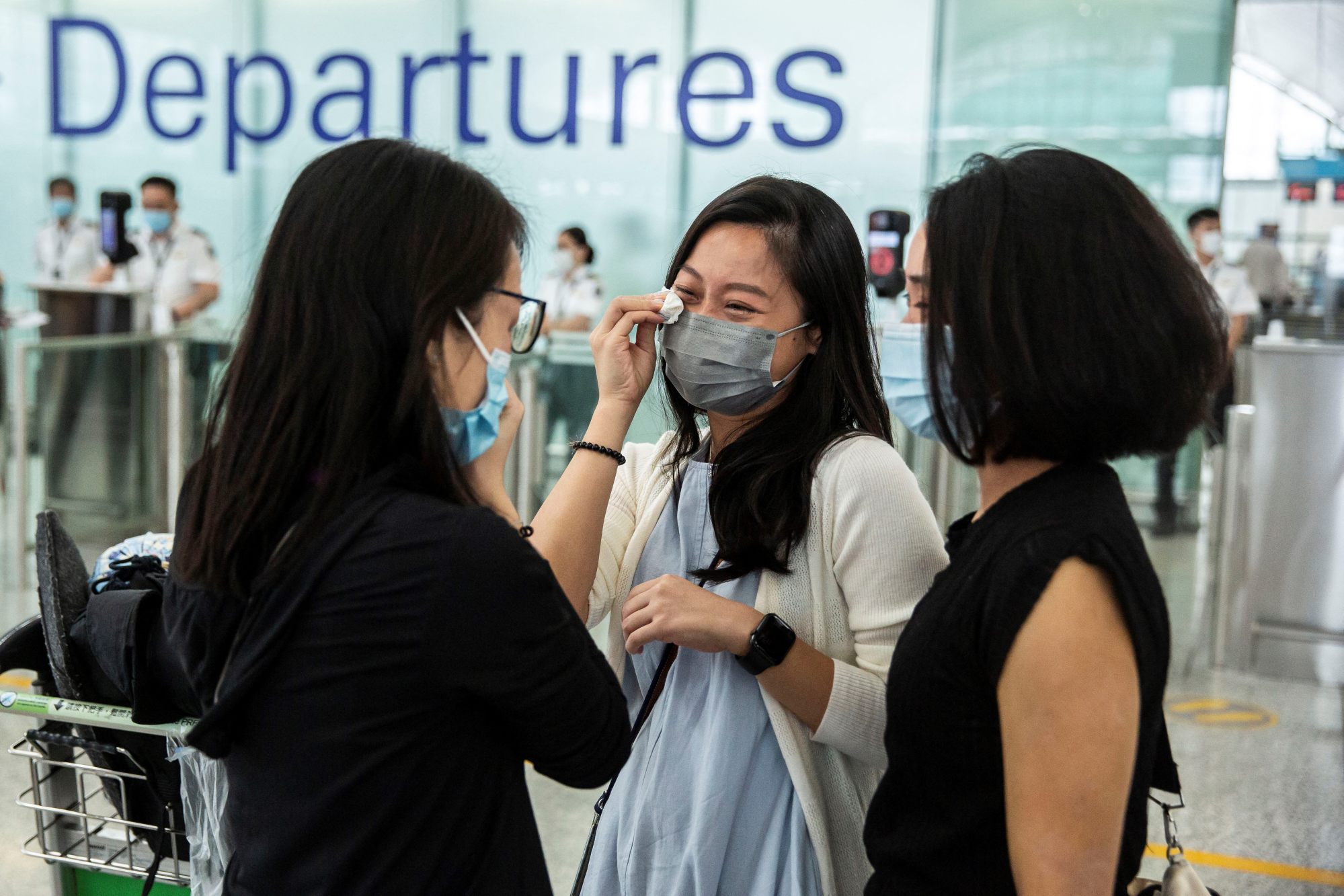
Research on Hong Kong affairs outsourced to overseas universities as local academics skirt national security ‘red lines’
- As is the case in Singapore, Malaysia and Indonesia, academics in Hong Kong now see certain topics of research as too sensitive for critical examination
- With the risk of critical academic commentary being branded ‘soft resistance’ or worse, it’s no wonder ‘Hong Kong Studies’ centres are multiplying overseas
Ever more frequently, top-quality research and writing on a variety of Hong Kong themes is no longer undertaken locally.
As Hong Kong’s already febrile political climate becomes increasingly constricted, expressions of intellectual difference (however innocuous or mainstream these views may have been only a few years ago) become labelled as potentially dangerous “soft resistance” – or worse.
In lockstep, creative space for these alternative viewpoints, and their serious scholarly discussion and evaluation, steadily contracts.
In this constantly shifting environment, many academics, writers, artists and independent researchers have quietly decamped elsewhere. Centres of excellence related to “Hong Kong Studies” are now situated within various overseas universities; Sydney, Vancouver and Bristol are particularly notable.
These more distant vantage points can offer various displaced individuals some unexpected perspectives on Hong Kong; according to many who have made the jump, the overall atmosphere found elsewhere these days is far more breathable – literally and metaphorically – than anything now experienced at home.
Earlier precedents for these scholarly migrations exist from other places where dramatically rearranged political climates made certain research and publication endeavours insurmountably difficult to achieve with the requisite degree of intellectual freedom.
Likewise, certain independent historical evaluations that ran contrary to officially determined political narratives remain too close to the bone.
Certain research topics – decades after the events they seek to explore have passed – can remain too sensitive for wide-ranging, deep-probing examination.
In Malaysia, the events of May 13, 1969, when Malay-Chinese tensions erupted into bloody race riots in Kuala Lumpur and other places, and an unknown number of people were killed, remains a topic just too hot to handle.

In Singapore, various People’s Action Party policies – particularly during the time around newly independent Singapore’s merger with Malaysia in 1963 (and subsequent expulsion in 1965) – and critical evaluation of social-engineering initiatives, are also likely to trigger enforcement of “Out of Bounds” markers, as these transgressive points are locally known.
As certain scholarly subjects became too sensitive to study from either location, academic research on these places shifted to offshore locations as diverse as Canberra (Australia), Leiden (the Netherlands) and Hull (England).
As time goes on, what once would have been valid and reasonable critical commentary in Hong Kong gets flagged as “soft resistance” and other deliberately vague terms, gnomic warnings are made about “red lines”, and most forms of non-violent public protest are shut down by legal means.
In this general environment, a certain amount of scholarly offshoring is inevitable.
Individuals who once worked locally in various parts of academia, media and the arts now mention (in brief biographical paragraphs appended to their most recent works) that they currently live and work in Canada, Britain, Australia, Germany, the Netherlands, Sweden – the list continues.
All still write about and research matters that directly relate to Hong Kong within their own areas of interest and expertise – they just no longer do so from here.

England’s University of Bristol has a long-established Hong Kong Studies Centre; graduates have produced high-quality academic theses (later published as monographic works) that have greatly enriched the local canon.
In recent years, the University of British Columbia, in Vancouver, Canada, has commenced a Hong Kong Studies Initiative; the University of California, Davis, in the United States, has created a Global Hong Kong Studies centre.
Despite ongoing challenges, “Hong Kong Studies” still contains numerous “safe” research topics – especially those anchored in the distant past.
Biographies of long-dead personalities, New Territories village history and micro-studies of linguistic and anthropological themes are all unlikely to ruffle any feathers.

